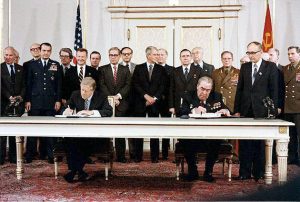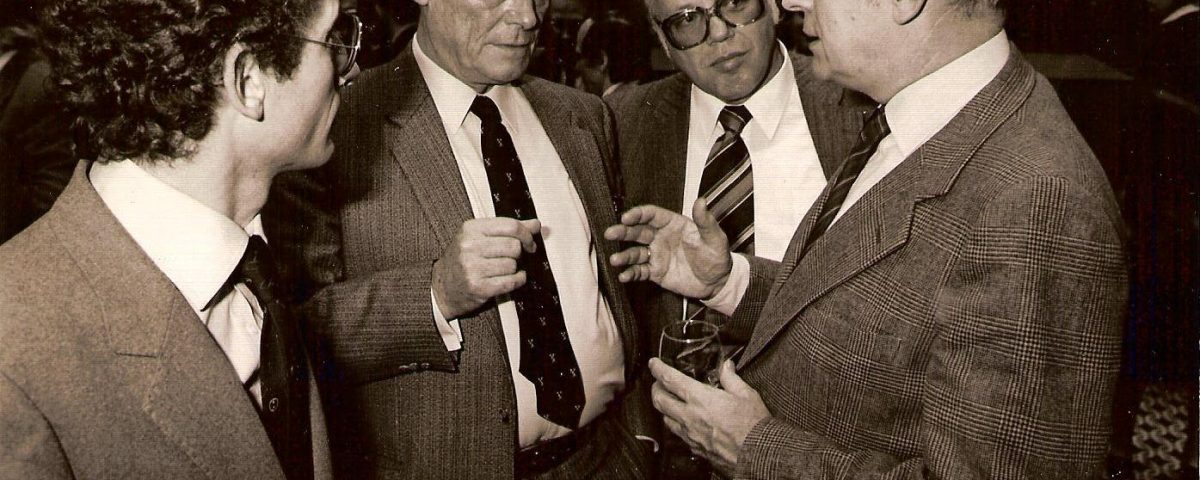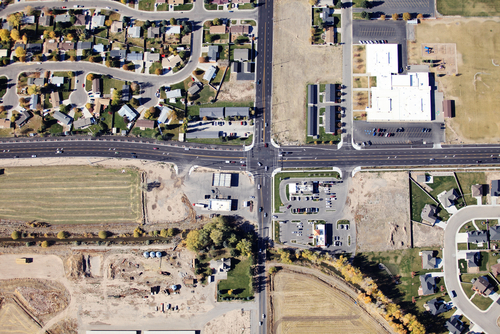


How waste disrupts power relations in Lagos
28 September 2017
Youth in France: “a rejected citizenship”
30 September 2017
Willy Brandt et Gilles Martinet, fin des années 70 / brandt 001-4 / Fonds Gilles Martinet, CHSP. Droits réservés.
H istorians consider the 1970s to be a key turning point in European and international politics. After observing that this era’s major transformations, especially the decline of economic interventionism and the metamorphosis of transatlantic relationships, had major effects on social democracy in Europe, Michele Di Donato – a researcher at Sciences Po’s Center for History – started conducting research* to uncover their paths, processes and effects.
Social Democrats, who were politically ascendant in Europe at the time, were particularly affected by these changes, which forced them to rethink their approaches to society and their programs. They notably had to reconsider the “Keynesian compromises” established in the aftermath of the war.
In order to better understand these transformations, Michele Di Donato will study three of their dimensions:
- Social democracy as a transnational movement. He will focus on the circulation of ideas and public policies. He will also explore the learning processes and ideological conflicts that took place within the European social-democratic family.

Carter & Brezhnev sign SALT II. Credits: Bill Fitz-Patrick. Public Domain
- The European left as a player in international relations in the 1970s-80s. He will seek to understand how the European left played a role in the transformation of the Cold War by taking into account the evolution in the ideological, political and economic relations between the two blocs. Furthermore, he will examine the evolution of the transatlantic partnership as well as the impact of globalization on the two blocs.
- Social democracy and European integration: he will seek to identify and describe the debates that emerged in the 1970s and 1980s over the development of the European Community. These debates were influenced by the economic crisis, globalization and the limitations of reforms pursued by nation-states.
Another way of approaching the history of the left
Through the adoption of a transnational perspective, the history of the European left will no longer be addressed in a “self-referential” framework but rather examined as a part of a much larger picture wherein socialist parties are considered to simultaneously be the actors, interpreters and subjects of transformations changing Europe’s sociopolitical landscape.
In order to carry out this project, Michele Di Donato will explore archives located in five European countries as well as the United States.
*This research project (EUROSOCIAL) is funded by the European Union as part of the Marie-Curie program, a component of the European program for research and innovation (Horizon 2020), wherein a main focus area is “Europe in a changing world”.




